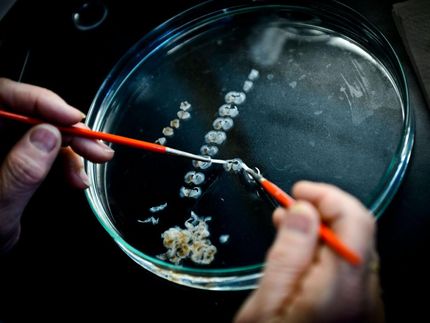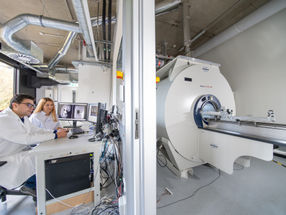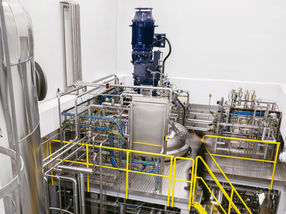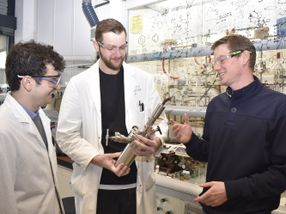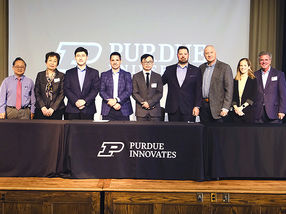Tanabe Gains MEXT Approval for Its Project on Use of Human Embryonic Stem Cells
18-Feb-2004
Tokyo, Japan. The cooperative study "Safety Evaluation and Efficacy of Transplantation of Human embryonic stem (ES) Cells in a Monkey Parkinson Disease Model," cosponsored by Tanabe Seiyaku Co., Ltd. (President: Natsuki Hayama) and the Section of neurology, Department of internal medicine, Jichi Medical School (Professor: Imaharu Nakano), part of the project on use of human ES cells was examined by the Human Embryo Research Subcommittee of the Bioethics Committee, Council for Science and Technology, the Minister of education, Culture, Sports, Science and Technology (MEXT), and the project was confirmed as complying with the Ministry's "Guidelines for Derivation and Use of Human embryonic stem cells."
Having successfully researched the transplantation of cynomolgus monkey ES cells to a monkey model of Parkinson's disease, Tanabe and Jichi Medical School believe they will be able to contribute to the development of a new therapy for Parkinson's disease by applying these achievements to human ES cells. Tanabe will primarily investigate the induction of differentiation into nerve cells, and evaluate safety following transplantation in the monkey model. Jichi Medical School will be responsible for transplanting to the monkey model and evaluating the effect. The human ES cells used in the project will be supplied by Cell Therapeutics Scandinavia AB (CTS, Sweden).
Tanabe will then begin its second study using human ES cells, following its cooperative study with Kyoto University on vascular regeneration. Tanabe seeks to contribute to the improvement of medical practice by conducting basic studies regarding the potential of new medical technology involving the use of human ES cells, while placing a special emphasis on ethical questions.
Most read news
Other news from the department business & finance

Get the life science industry in your inbox
From now on, don't miss a thing: Our newsletter for biotechnology, pharma and life sciences brings you up to date every Tuesday and Thursday. The latest industry news, product highlights and innovations - compact and easy to understand in your inbox. Researched by us so you don't have to.
